High Blood Pressure Treatment in Diabetes Patients
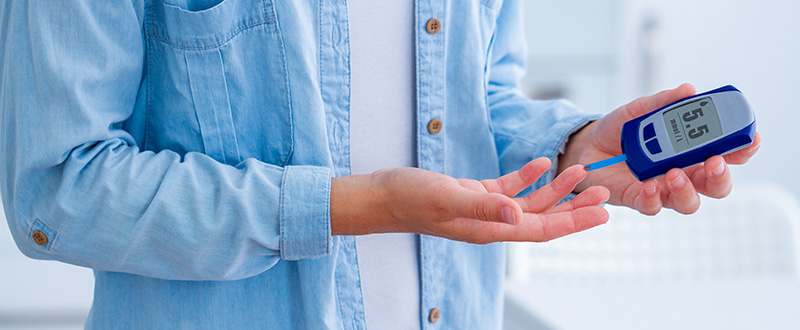
Did you know that diabetes and high blood pressure are related?This fact may surprise you, but two of the most critical health problems faced by humanity are interlinked! Since it is such a critical topic, we wanted to shed some light on it so you could read and be well-informed.
Diabetic Hypertension
When people with diabetes get hypertension, the critical condition is called as diabetic hypertension.
People with Type 1 diabetes usually get high blood pressure due to diabetic nephropathy, also known as diabetic kidney disease. High blood sugar level makes your kidneys require more blood to perform its functions, which leads to an increase in blood pressure level, and even kidney failure over time!
In people with type 2 diabetes, hypertension mainly arises out of atherosclerosis, a condition in which arteries are damaged due to high blood sugar, leading to high blood pressure.
Complications
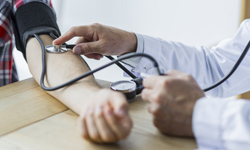
- Heart attack
- Stroke
- Kidney damage
- Blindness
- Alzheimer’s disease
- Dementia
Lifestyle Therapy

Here are some habits you should follow-
- Perform moderate-intensity exercises for 30 minutes a day, 5 days a week. Or, perform vigorous exercises 15 minutes a day, 5 days a week.
- Lose weight
- Limit intake of sugar and salt
- Avoid high-fat meats, like fish and animal liver
- Avoid full-fat dairy products
- Stop smoking
- Limit drinking (men shouldn’t have more than 2 drinks per day, and women shouldn’t have more than 1 drink per day)
- Perform stress-relief exercises
Medications
High blood pressure treatment in diabetics will vary depending on the condition of the patient. A doctor can prescribe a combination of the below-mentioned medicines to control blood pressure.
- Diuretics –
These medicines make you urinate frequently and make your body get rid of excess sodium and water, which helps to control blood pressure.
- Beta-blockers –
Beta-blockers lower your heart rate, which reduces load on your heart and blood vessels.
- ACE Inhibitors –
These medicines make your blood vessels relax and open wider, which puts lesser pressure on the walls of your arteries, subsequently lowering blood pressure.
- Angiotensin II Receptor Blockers –
These medicines block the angiotensin II hormone that causes blood vessels to tighten up and increase blood pressure.
- Calcium Channel Blockers –
These medicines prevent calcium from entering the muscle cells of the heart and arteries, which softens and relaxes the intensity of the heart’s contraction.
- Alpha-blockers –
These medicines relax the muscles around blood vessels and heart, which reduces pressure on them and allows them to open up.
- Central Agonists –
These medicines reduce the number of times blood vessels expand and contract, which makes them relaxed and lowers blood pressure.
- Vasodilators –
These medicines relax your blood vessels and open them up for smooth blood flow.
This article was a brief introduction to diabetic hypertension. If you have any more questions, feel free to get in touch with an expert doctor nearest to you. Use our “Find a physician” service to contact a doctor quickly.
Note of caution: This article is for information purpose only. Always consult your doctor in case of any blood pressure or other health-related problems.
Disclaimer
The information contained in this article is to educate, spread awareness in relation to hypertension and other diseases to the public at large. The contents of this article are created and developed by BPinControl.in through its authors, which has necessary, authorisations, license, approvals, permits etc to allow usage of this articles on The Website. The views and opinions expressed in this article are views, opinions of the respective authors and are independently endorsed by doctors. Although great care has been taken in compiling and checking the information in this article, The Website shall not be responsible, or in any way liable for any errors, omissions or inaccuracies in this article whether arising from negligence or otherwise, or for any consequences arising therefrom. The content of this article is not a substitute for any medical advice. The Website shall not be held responsible or liable for any consequence arising out of reliance on the information provided in the article.

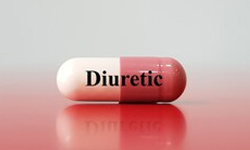 These medicines make you urinate frequently and make your body get rid of excess sodium and water, which helps to control blood pressure.
These medicines make you urinate frequently and make your body get rid of excess sodium and water, which helps to control blood pressure.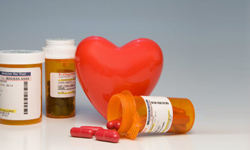 Beta-blockers lower your heart rate, which reduces load on your heart and blood vessels.
Beta-blockers lower your heart rate, which reduces load on your heart and blood vessels.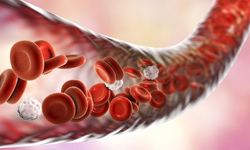 These medicines make your blood vessels relax and open wider, which puts lesser pressure on the walls of your arteries, subsequently lowering blood pressure.
These medicines make your blood vessels relax and open wider, which puts lesser pressure on the walls of your arteries, subsequently lowering blood pressure.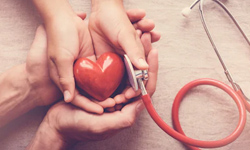 These medicines block the angiotensin II hormone that causes blood vessels to tighten up and increase blood pressure.
These medicines block the angiotensin II hormone that causes blood vessels to tighten up and increase blood pressure.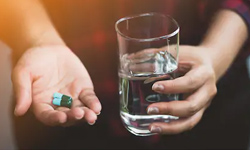 These medicines prevent calcium from entering the muscle cells of the heart and arteries, which softens and relaxes the intensity of the heart’s contraction.
These medicines prevent calcium from entering the muscle cells of the heart and arteries, which softens and relaxes the intensity of the heart’s contraction. These medicines relax the muscles around blood vessels and heart, which reduces pressure on them and allows them to open up.
These medicines relax the muscles around blood vessels and heart, which reduces pressure on them and allows them to open up.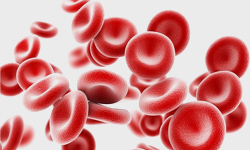 These medicines reduce the number of times blood vessels expand and contract, which makes them relaxed and lowers blood pressure.
These medicines reduce the number of times blood vessels expand and contract, which makes them relaxed and lowers blood pressure. These medicines relax your blood vessels and open them up for smooth blood flow.
These medicines relax your blood vessels and open them up for smooth blood flow.
Comments (0)
No comments found.Add your comment